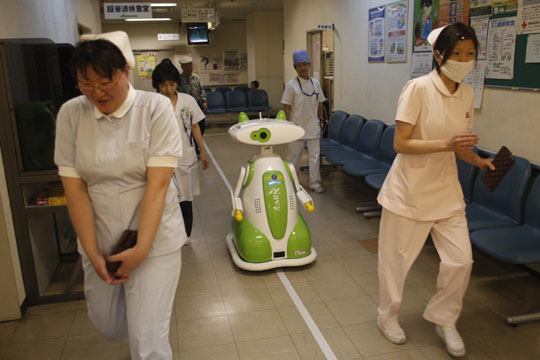When spring approaches next year, many foreigners in Japan could be in for a rude awakening: From April 1, all those who apply to extend their visa in Japan will be asked to show proof of enrollment in one or other of Japan's main national health systems, the shakai hoken (social health insurance and pension) or kokumin kenko hoken (national health insurance).
When that time comes, it won't help to present details of your own private health plan, or to argue about the inefficiencies of the system for foreigners. Japan has had a mandatory universal health care system in place since 1961, meaning that any resident over 20 must be enrolled, whether employed or unemployed, Japanese or non-Japanese. That's the law, and it's unlikely to undergo any radical changes between now and April.
What exactly this new Immigration Bureau guideline means is open to interpretation: Is it a sign of equality, bringing foreigners under the same system of social security and legal responsibility that applies to Japanese? Or is it just a cynical money-grubbing scheme to collect from foreigners who have little say in the way things are run?

















With your current subscription plan you can comment on stories. However, before writing your first comment, please create a display name in the Profile section of your subscriber account page.